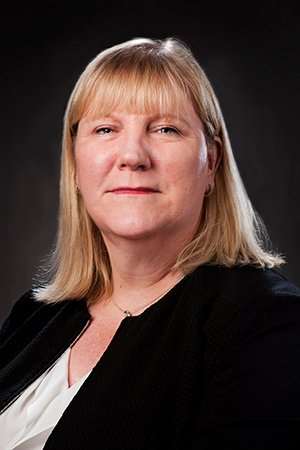
Accra, June 28, GNA - Dr Rebecca Martin, Director for Centre for Global Health of the United States Centre for Disease Control and Prevention, has asked African countries to develop rapid response mechanisms to respond to public health emergencies.
She said every year, the US spent US$60 billion dollars to address public health emergencies or outbreaks, which was higher than the US$4.5 billion spent on investments.
''Prevention is more efficient and cost effective way of solving public health emergencies rather than responding to outbreaks,'' she stressed.
She asked people to report diseases to health centres so that there would be an opportunity for diagnostic test and implement preventive measures to avoid widespread of diseases.
Dr Martin gave the suggestion when responding to questions at the maiden telephonic conference on Africa Health Forum aimed at addressing global health security and protecting Africans.
The event connected media practitioners at the various US missions in Africa who highlighted some major health issues confronting their citizens.
The forum was created to engage Africans to put their ideas and energies together to resolve their own health challenges.
Dr Martin said only 30 percent of the countries in the world had health infrastructure to respond to public health emergencies or outbreaks.
She noted that health security was a national security as it affected the economies of nations and called for the establishment of mobile laboratories so that health workers could move easily to centres of outbreaks for diagnostic test and institute preventive measures.
She said it required everybody's involvement including civil society organisations and international organisations to address public health issues.
''You may have the best intervention by way of vaccine or medicine but it's up to the community to take it, therefore, the engagement of the community is critical both in prevention and in emergency situations,'' she said.
Dr Martin said there was the need for implementers of any health intervention to talk to the community members, especially the key influencers to make sure the people understood the information so that it did not disrupt cultures and traditions.
''There is the need for proper planning in terms of the communication component by working with the people before introducing any particular health intervention so that the targeted community would understand the value and cooperate,'' she emphasised.
She therefore stressed the need for African countries to develop emergency centres that would prepare and respond to emergency outbreaks.
Dr Martin noted that for the world to prepare and respond to health problems, it required all to work together, not only for health problems or water and sanitation, but when there was flood, food shortages and security issues, as well as other national issues.
She stressed the importance of consumers having the right information on medication in order to make the right decision on their health.
Against this background, she said, there was the need for key stakeholder engagements to educate the populace on public health issues.
In addition, she said there should be proper communication mechanism to educate the people by using appreciate communication channels for easy understanding by the targeted audience.
Countries must share practices and experiences so that they could keep everybody safe, she said.
There are five Regional Disease Collaborative Centres in Kenya, Nigeria, Gabon, Egypt and Zambia and these centres are supposed to support countries to prepare and respond to health emergencies.
GNA
By Godwill Arthur-Mensah/Gideon Ahenkorah, GNA




 Akufo-Addo commissions Phase II of Kaleo solar power plant
Akufo-Addo commissions Phase II of Kaleo solar power plant
 NDC panics over Bawumia’s visit to Pope Francis
NDC panics over Bawumia’s visit to Pope Francis
 EC blasts Mahama over “false” claims on recruitment of Returning Officers
EC blasts Mahama over “false” claims on recruitment of Returning Officers
 Lands Minister gives ultimatum to Future Global Resources to revamp Prestea/Bogo...
Lands Minister gives ultimatum to Future Global Resources to revamp Prestea/Bogo...
 Wa Naa appeals to Akufo-Addo to audit state lands in Wa
Wa Naa appeals to Akufo-Addo to audit state lands in Wa
 Prof Opoku-Agyemang misunderstood Bawumia’s ‘driver mate’ analogy – Miracles Abo...
Prof Opoku-Agyemang misunderstood Bawumia’s ‘driver mate’ analogy – Miracles Abo...
 EU confident Ghana will not sign Anti-LGBTQI Bill
EU confident Ghana will not sign Anti-LGBTQI Bill
 Suspend implementation of Planting for Food and Jobs for 2024 - Stakeholders
Suspend implementation of Planting for Food and Jobs for 2024 - Stakeholders
 Tema West Municipal Assembly gets Ghana's First Female Aircraft Marshaller as ne...
Tema West Municipal Assembly gets Ghana's First Female Aircraft Marshaller as ne...
 Dumsor is affecting us double, release timetable – Disability Federation to ECG
Dumsor is affecting us double, release timetable – Disability Federation to ECG
